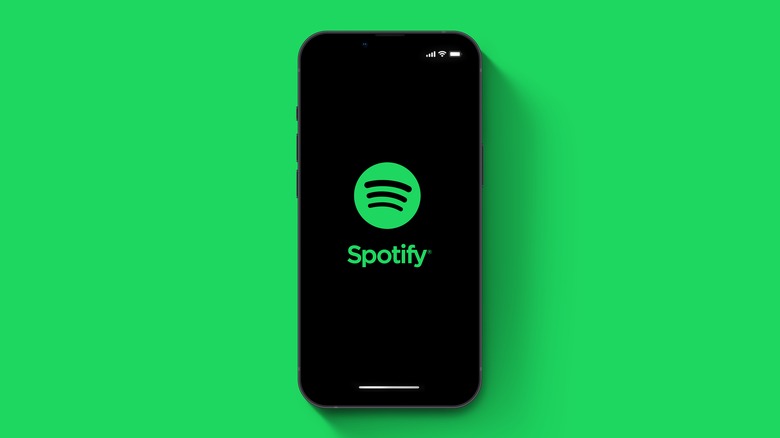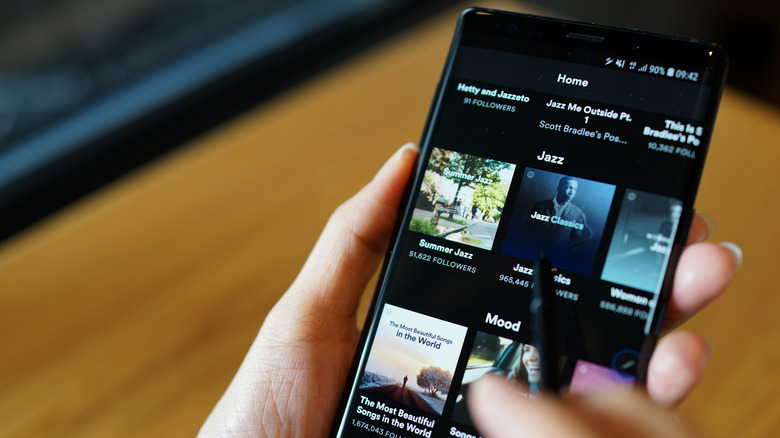The Spotify Price Increase Is A Sign Of A Bigger Problem
The choice of where to listen to music is always changing. In previous decades and years, you may have listened to music on different mediums like vinyl, tapes, and CDs.
These days music has moved into a slightly different direction from physical property, which is probably why streaming services like Spotify have surged in popularity and users. Spotify has just recently had one of its best financial quarters ever, which saw their Q2 income surge to $3.5 billion, and their user base grow to 551 million.
However, even though Spotify has seen some truly impressive expansion in all of the important areas like subscribers and revenue, the company still is losing money. Even though Spotify's Q2 gross profits were $3.5 billion, the music and podcast provider reported an adjusted operating loss of just under $124 million. Considering this, it makes perfect sense as to why Spotify made the recent announcement of a price hike for the premium tier of the service.
However, this disconnect between Spotify's operations and income may be intrinsically connected to the nature of the business.
Spotify has often operated at a loss
Spotify's financial woes have long been the source of speculation as to the long-term viability of the company, and in the previous financial quarter, Spotify had noted that their user base had increased to 515 million monthly active users.
Compared to the most recent report of 551 million active users in Q2, Spotify isn't haven't trouble with attracting new listeners. Still, Q1 saw Spotify post a loss of $248 million, so at least it looks like the operating loss is decreasing. Spotify probably hopes that its latest price hike will help alleviate this problem, but as mentioned earlier, the entire business model might be to blame.
The Concordia Business Review believes that the biggest problem with Spotify is the free tier of the service. Not as many people may be motivated to pay for Spotify, and that they have little reason to do so since there aren't exclusive on the paid version of Spotify. Paying for Spotify simply removes the ads that occasionally play between songs and allows you to download songs offline.
A report from Nasdaq paints an even grimmer picture, saying that music streaming is a low profit margin business model that is great for listeners and artists, but not for shareholders — and that Spotify usually posts a loss regardless of growth and scaling. Spotify walks the razor's edge between profit and loss, and the recent price hike might be economic triage.

